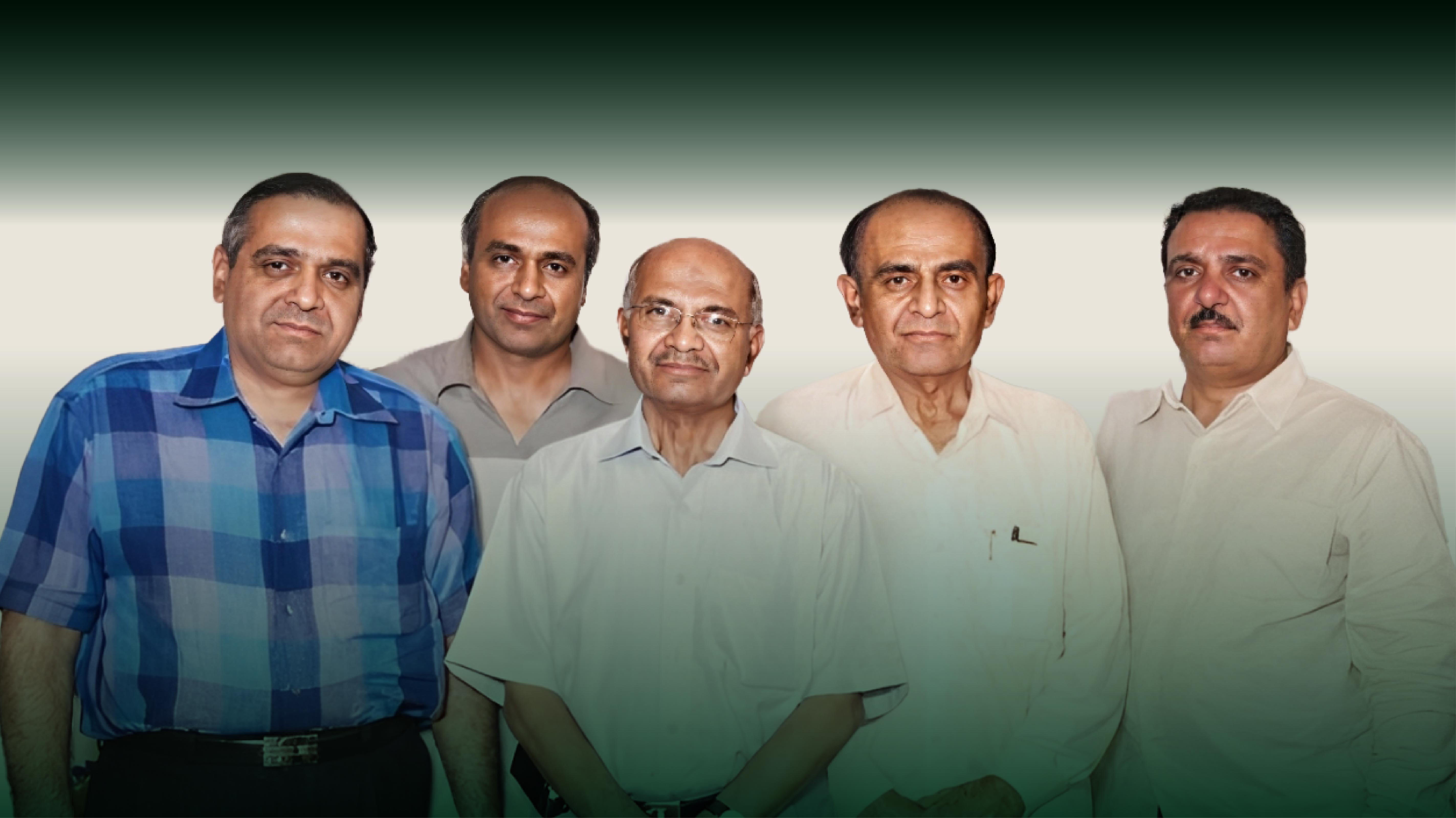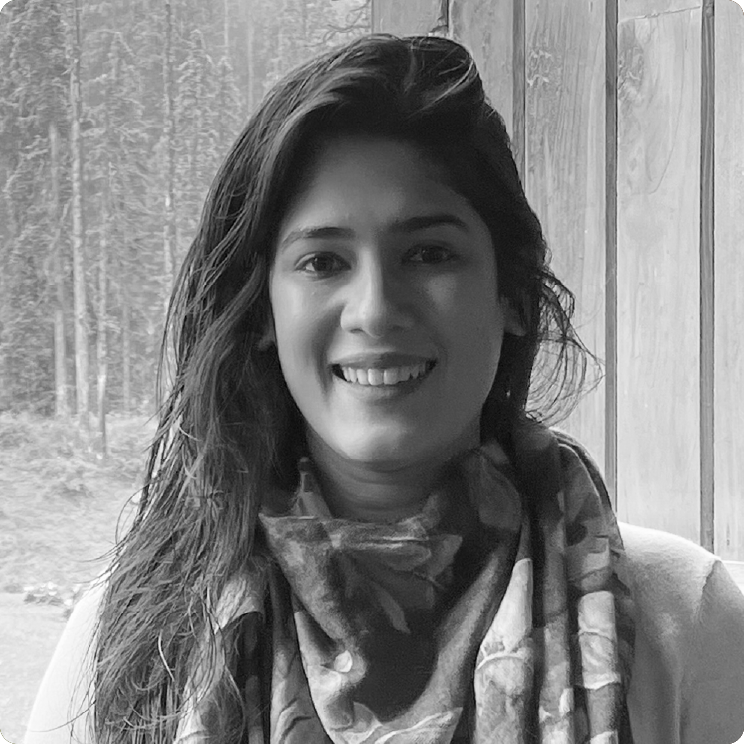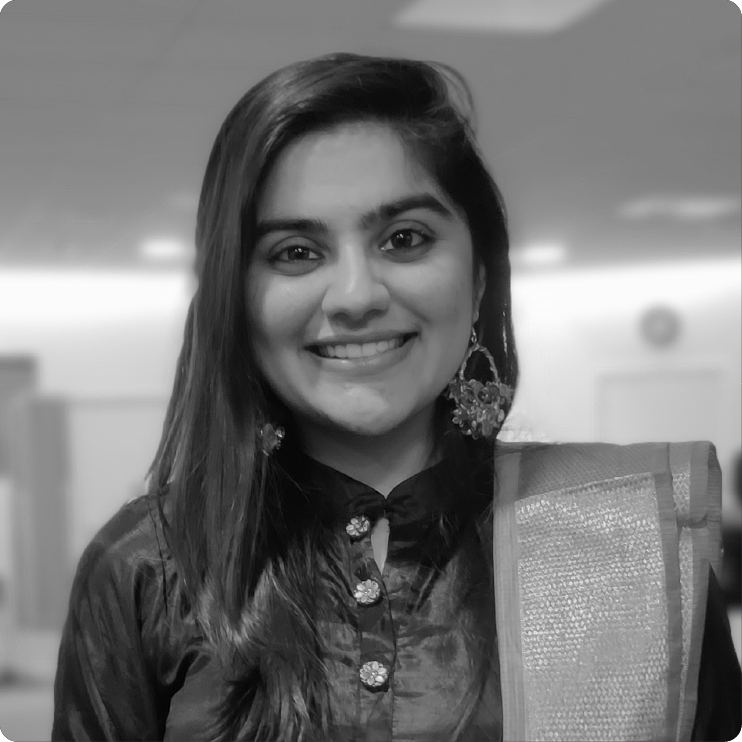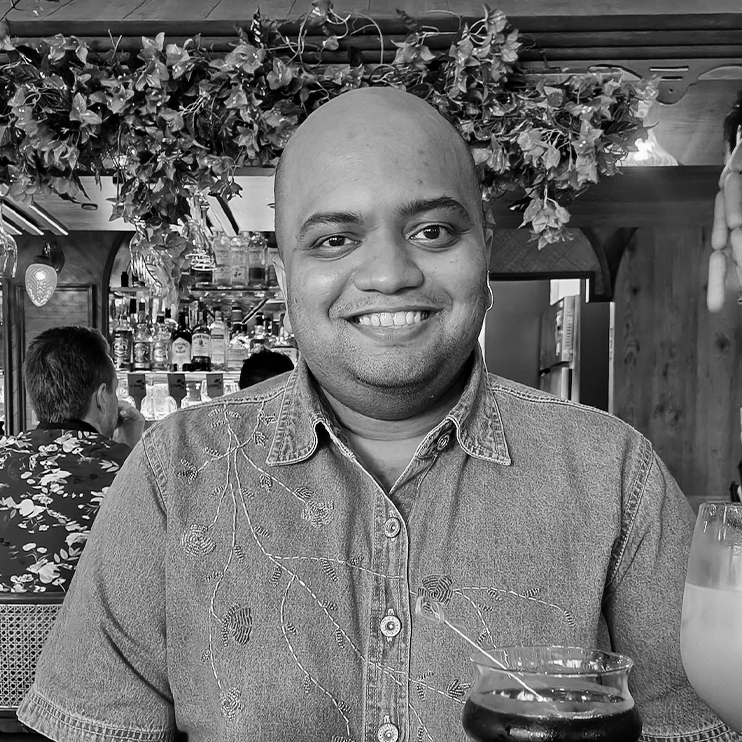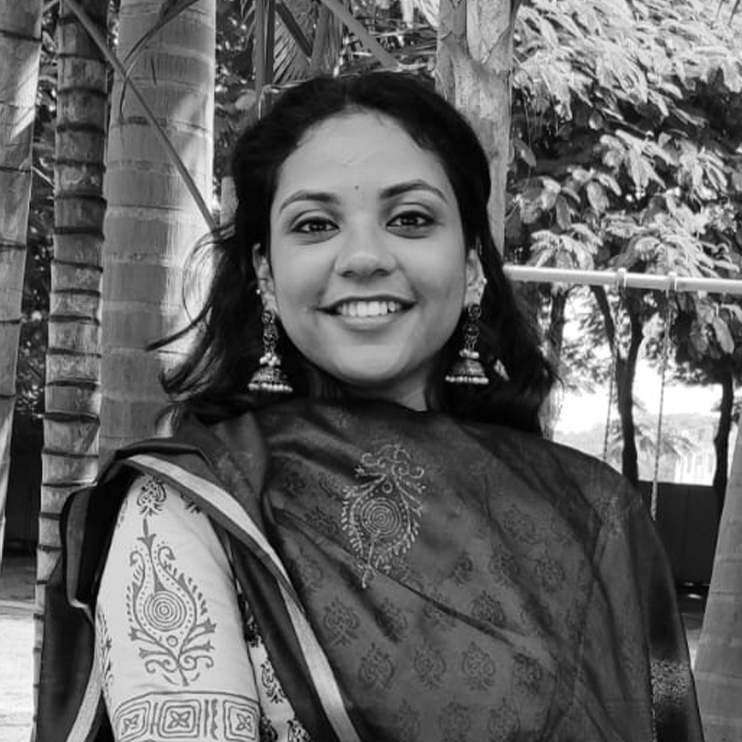Making Every Dollar Count: Bhagwan Thacker’s Mission from Kutch to Pan-India Impact
In a world where personal success often translates to opulent lifestyles, Bhagwan Thacker, or simply Thack as he’s often called, chose a different path. Decades ago, at the pinnacle of his career, he made a decision: to give away 90% of his wealth to those who need it the most. Inspired by the Christian tradition of tithing—donating 10% of one’s income to charity—Thack decided to redefine it for himself. “I wanted to start a new tradition,” he explained. “I decided that I’ll give 90% of what I make to charity.” This commitment continues to guide his life and philanthropic vision.
Thack’s approach to giving was shaped by his early years in Anjar, a small town in Kutch, where poverty was a constant reality. “Growing up, I saw how even a small contribution could change someone’s life,” he reflected. These lessons stayed with him as he pursued his education, studying sciences in Ahmedabad, and later chemical engineering in Mumbai. In 1971, he moved to the United States, where he transitioned into marketing at IBM—a field far removed from his training. "It wasn't what I was trained for, but it helped me learn and grow in a new direction, " he noted.
Before dedicating himself fully to philanthropy, Thack built a distinguished career in the procurement services industry. As the owner of DSSI LLC, he transformed a modest Source-to-Pay services company into an industry leader, delivering sustainable improvements in procurement efficiency and financial control for clients across North America.
In 1998, Thack established the Empowerment Foundation, a charitable grant-making organization focused on leveraging technology to enhance education, improve access to healthcare, and uplift disadvantaged communities. Guided by principles of simplicity and impact, his work reflects an enduring belief in creating pathways to opportunity and systemic change.
Where Purpose Began
Thack’s journey into philanthropy is rooted in vivid memories of his childhood in Anjar, a town surrounded by impoverished villages. “Growing up, I saw how little help these communities had and how simple things, like medical treatment, could have saved lives,” he recalled.
Two incidents, in particular, shaped his resolve. One was a classmate who missed out on a full scholarship to a prestigious college because his family couldn’t afford the train fare—just 50 cents in American terms. Another was a former driver of his father’s, who lost his ability to work simply because he couldn’t afford glasses. “These experiences showed me how even small interventions could change the trajectory of someone’s life,” Thack shared.
These lessons inspired him to focus on creating safety nets where none existed. Thack’s first major projects—a blood bank and a school in Anjar—set the tone for his giving journey. With an initial investment of $300,000, the blood bank has become a lifeline for the community, serving nearly 1,000 people daily with diagnostic tests. In a region where basic medical tests once required a 100-mile journey, the facility now provides accessible care, including for conditions like AIDS. “It’s incredible how a relatively small investment can have such a profound impact,” Thack reflected.
From Kutch to a Broader Mission
As Thack’s philanthropy grew, so did his understanding of how geography impacts the cost of creating meaningful change. “As a businessman with a keen interest in economics, I was determined to make every dollar count,” he explained. Initially, he explored charitable giving in the U.S. but found the costs prohibitive. “Even though I sought out smaller, more efficient charities, the costs were still up to ten times higher to achieve similar outcomes,” he noted. This realization, coupled with his personal connection to India, led him to focus his efforts where his contributions could stretch further and benefit more people.
His early work in Kutch provided a foundation for his broader vision. “India has made incredible progress since my younger days,” Thack reflected. “But there are still regions where basic needs remain unmet.” Recognizing this, he expanded his efforts beyond Kutch to tackle challenges in underserved areas across the country.
As his vision expanded beyond Kutch, Thack leveraged strategic partnerships to scale his giving. He relied on intermediary support to guide his efforts and ensure sustainable change. “Having trusted people on the ground makes all the difference,” Thack shared, reflecting on the partnerships that have been integral to his giving in India. These collaborations have allowed him to identify impactful initiatives and ensure that resources are deployed where they are needed most.
Water as a lifeline - Empowerment Foundation revitalizes rural communities through sustainable solutions
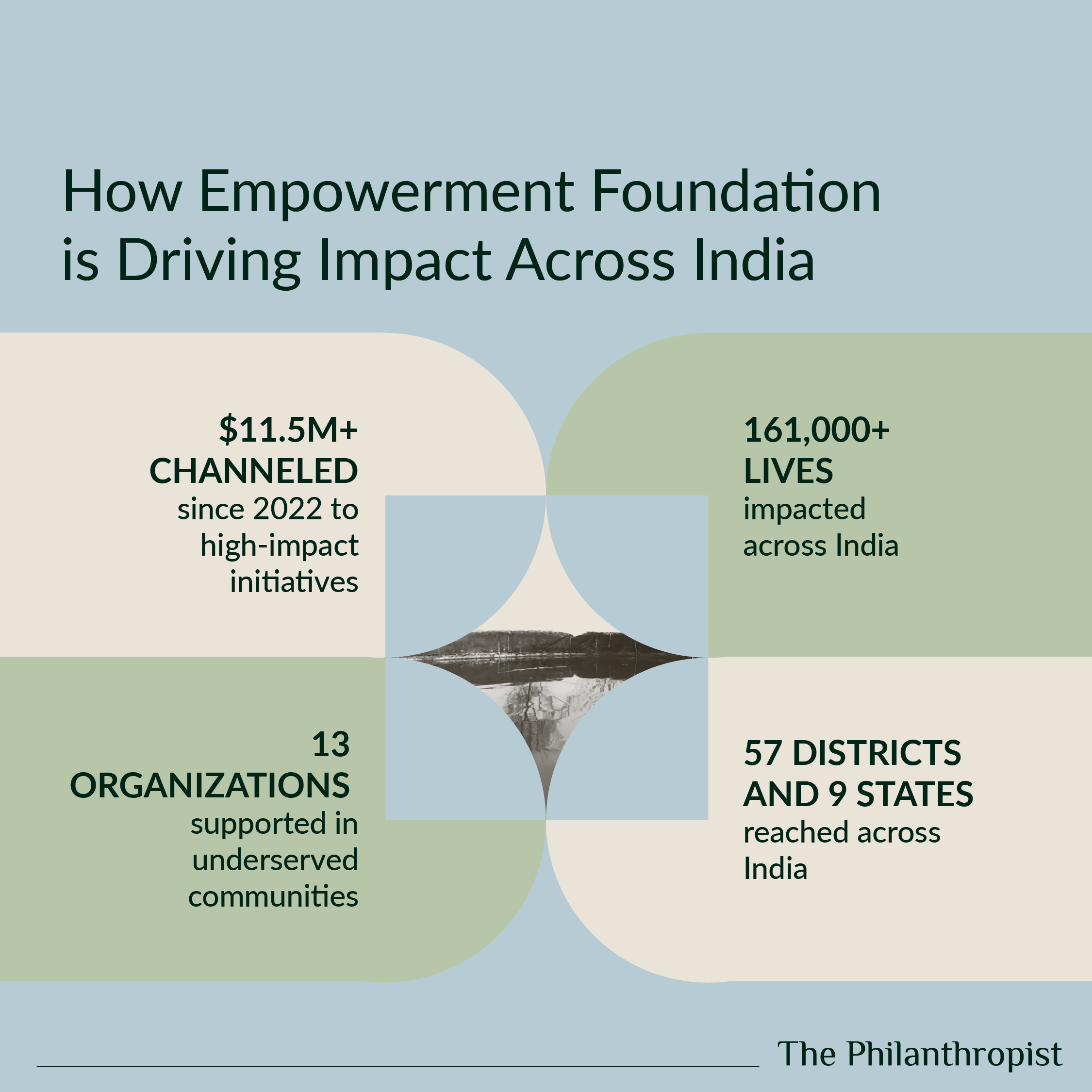
Empowerment Foundation’s reach across India’s underserved communities
Gaining Momentum Across India
In recent years, the Empowerment Foundation has accelerated its philanthropic mission, adopting a more structured and strategic approach. Since 2022, the Foundation has channelled approximately USD 11.5 million, supporting 13 organizations and positively impacting over 161,000 lives across nine states and 57 districts. While Kutch remains a cornerstone of its efforts—with USD 1.4 million invested in eight civil society organizations through learning grants—Thack’s philanthropy has expanded significantly to address critical needs in underserved regions across India. An example of this is his support to the Rebuild India Fund anchored by Dasra, which has impacted over 6 million lives across 25 states by providing grants to more than 200 organizations.
The Foundation’s grant-making spans diverse sectors, including education, health (both mental and physical), livelihoods, WASH (Water, Sanitation, and Hygiene), climate resilience, and women’s empowerment. It also supports systemic issues such as child protection, violence against women, disability inclusion, natural resource management, and rights-based advocacy. By focusing on these interconnected areas, the Foundation aims to address the root causes of inequity and uplift marginalized communities. Their grant-making ethos is firmly rooted in creating opportunities for groups that have historically faced systemic barriers, including women, children, Scheduled Tribes (ST), Scheduled Castes (SC), Other Backward Classes (OBC), religious minorities, LGBTQIA+ individuals, and adolescents. A recent grant, for instance, supports the Musahar community in Bihar, breaking cycles of exclusion and poverty while another advances socio-emotional learning for schoolchildren, reflecting Thack’s belief in education as a cornerstone of transformation.
Another example is their partnership with ARMMAN (Advancing Reduction in Mortality and Morbidity of Mothers, Children, and Neonates). Through scalable, technology-driven interventions, ARMMAN bridges critical gaps in maternal and child healthcare, ensuring that underserved populations receive timely support.
“The Empowerment Foundation’s support has been instrumental in expanding our interventions in Aurangabad and the aspirational district of Nandurbar, providing home-based care to pregnant women and infants, and offering counselling and critical nutrition-linked guidance to the caregivers. Their understanding of on-ground challenges has been invaluable for us,” said Ramesh Padmanabhan, CEO, ARMMAN.
Through the support from the Foundation, ARMMAN’s trained health workers in Nandurbar have achieved remarkable results by successfully identifying high-risk pregnancies and ensuring 87% of high-risk deliveries took place in institutional settings, and by achieving a 99% rate of deliveries resulting in successful births. Furthermore, ARMMAN’s study with over 300 moderately underweight children in Aurangabad yielded promising outcomes. 50% of children recovered and showed significant improvement in their rate of weight gain.
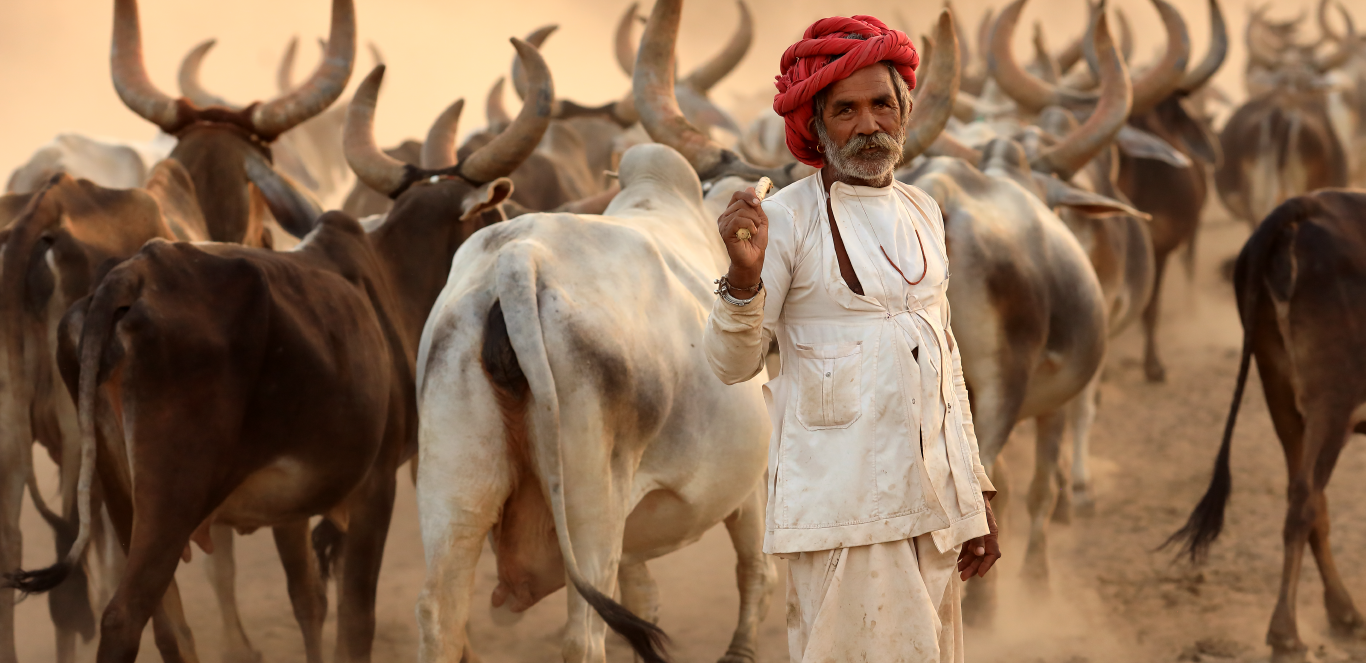
Empowerment Foundation partners with and supports nonprofits and grassroots organizations working to uplift some of India's most marginalized and underserved communities
Building India’s Future
Thack’s vision for India in 2047 is ambitious yet deeply practical. He imagines a nation where healthcare, education, and opportunities are accessible to everyone. “I want to see an India where no one suffers because of a lack of resources, where every child has the chance to learn, and where women stand equal to men in all fields,” he shared.For Thack, preventive healthcare and education for women and girls remain priorities, particularly in regions where access to these services remains limited. “Preventing a disease like diabetes costs so little, yet the savings—for individuals and society—are enormous,” he explained. He believes that keeping girls in school is equally important. “It doesn’t just change their futures—it transforms entire families and communities,” he added.
Thack’s background in technology drives his interest in innovation as a tool for social impact. He sees artificial intelligence as a way to enhance NGO efficiency, stretching resources further. “AI has the potential to make already efficient organizations even better,” he said, while cautioning that practical applications must take precedence over hype. Beyond technology, he advocated for stronger collaboration among NGOs to avoid duplication and maximize impact. “When organizations work together, they can achieve results that no single group could accomplish alone,” he said.
Looking back on his journey, Thack credits adaptability and collaboration as key to effective philanthropy. “Philanthropy isn’t static—what worked five years ago might not work today. You have to stay flexible and align with the changing needs on the ground,” he observed. He encourages aspiring philanthropists to keep an open mind and prioritize listening to the communities they aim to serve.
As he devotes himself fully to the Empowerment Foundation, Thack remains optimistic about what lies ahead. “The question isn’t whether change will come—it’s how quickly we can make it happen, and how many lives we can positively touch along the way. Philanthropy has the power to be that catalyst.”
Inspired thinking presented by

YOU MAY ALSO LIKE
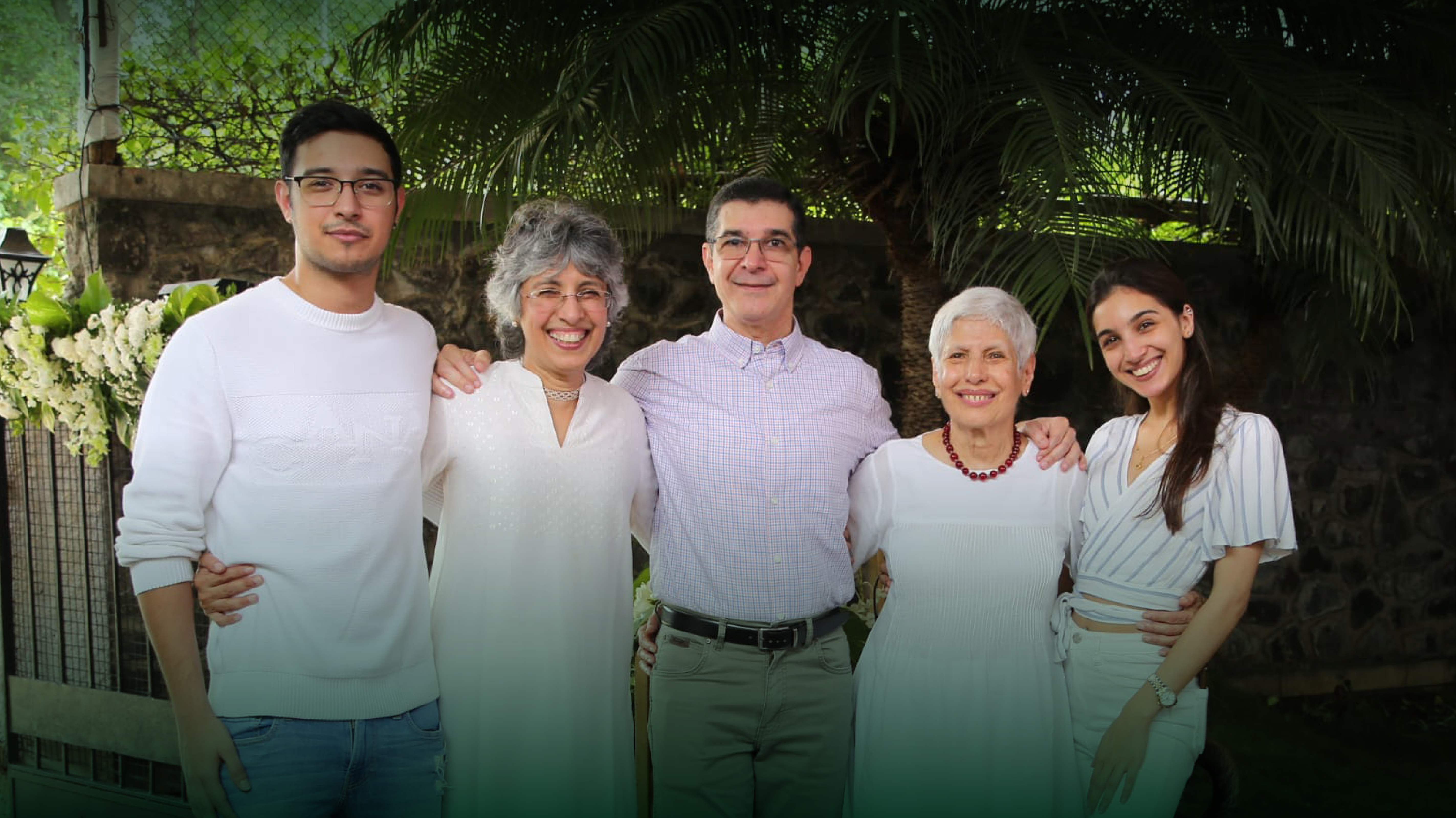

_1028133513.png)






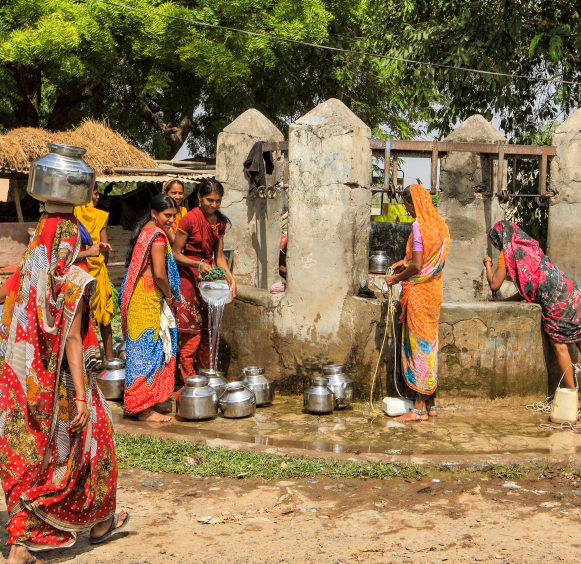
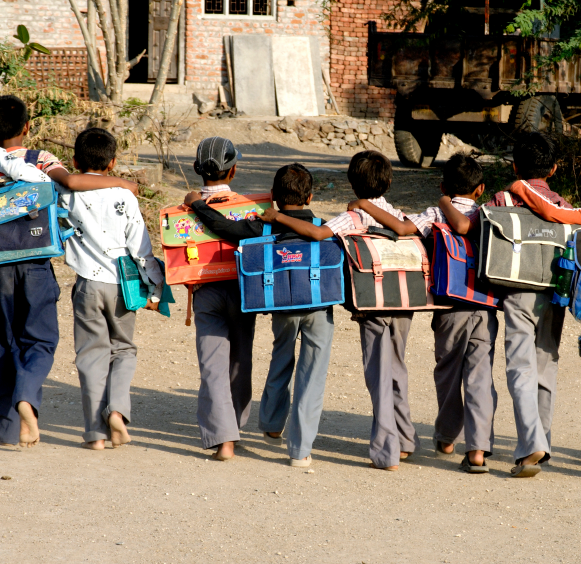
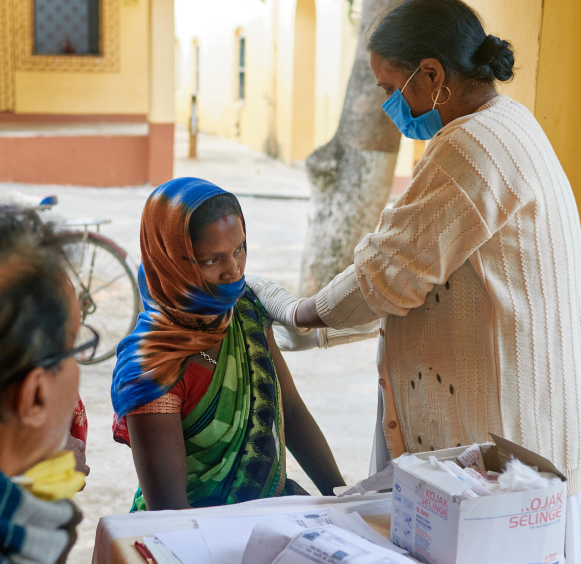
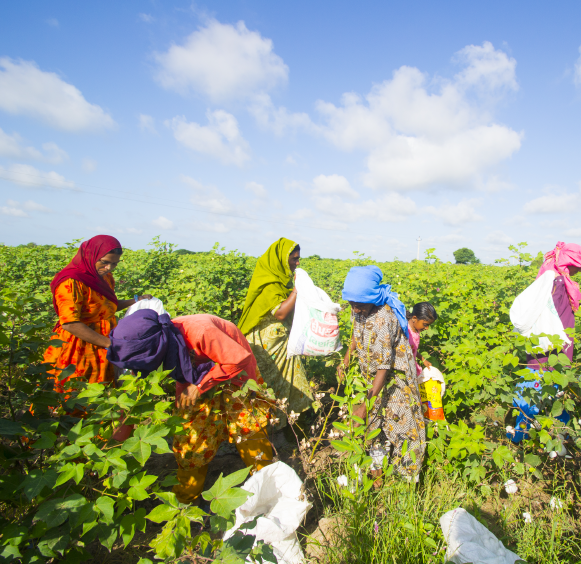
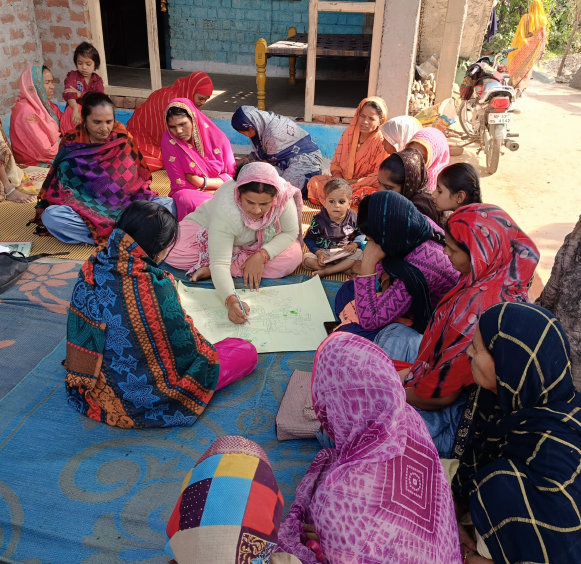


_1891054289.png)
